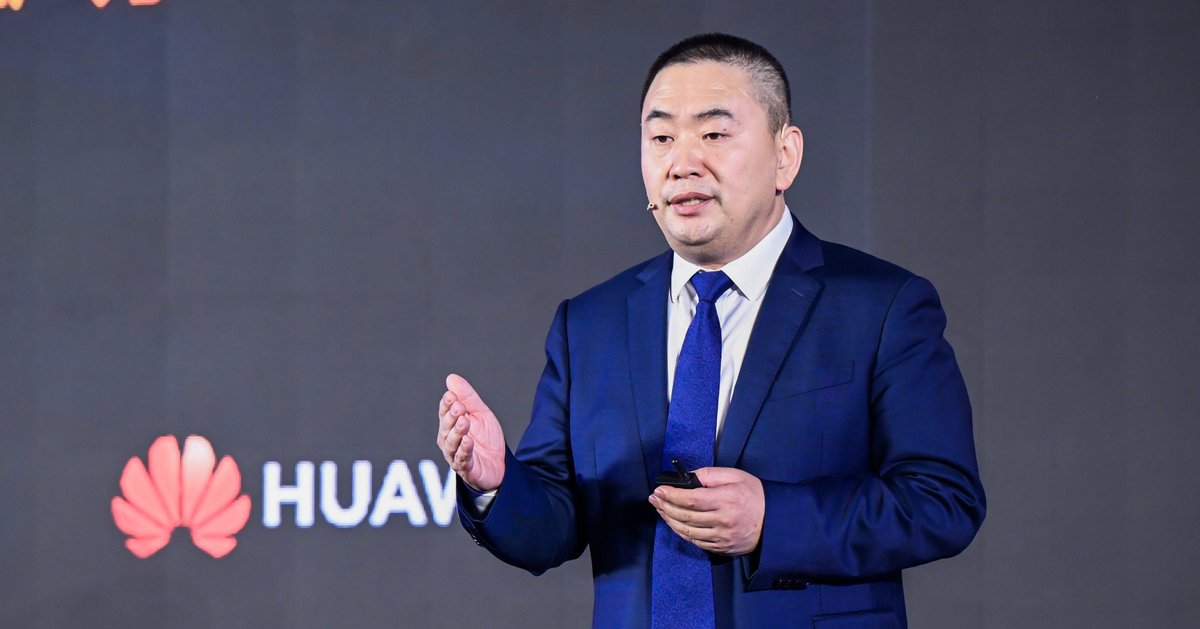David continues to highlight the integration of various energy management strategies in transformer districts, emphasising the need for efficient ‘brain’ control for grid autonomy and market-oriented interactions to balance supply and demand.
He believes power companies must build digital capabilities based on strong digital foundations and open ecosystems, with key components including ubiquitous network connection, intelligent computing and a comprehensive digital platform.
“These will become the new strategic assets of power enterprises,” he continues. “In the digital era, no single player can solve all pain points. Hierarchical decoupling, modularisation and converged innovation are indispensable. Open, digital and intelligent ecosystems must be created, including for algorithms, applications, edge computing and terminals.
“These ecosystems will allow industry and cross-industry capabilities to be used by customers on demand.”
Another point he addresses is the challenge facing new power systems — which he says lies in the power distribution network.
“In addition to improving power supply reliability and reducing line loss, future power systems also need to deal with challenges brought by new energy and new loads,” David explains.
“Huawei will continue to focus on its core strengths of communications, digitalisation, and AI and, in areas such as applications, data, hardware and integration services, Huawei will partner with industry companies and ecosystem partners to jointly solve problems and create value.”
To read the full report, click here.
**************
Make sure you check out the latest edition of Energy Digital Magazine and also sign up to our global conference series – Sustainability LIVE 2024
**************
Energy Digital is a BizClik brand.

